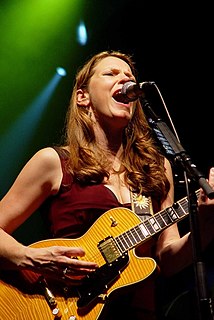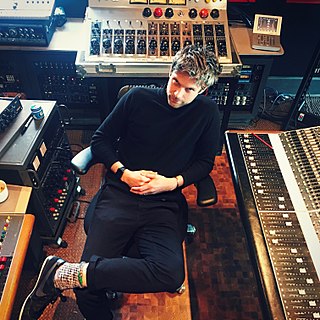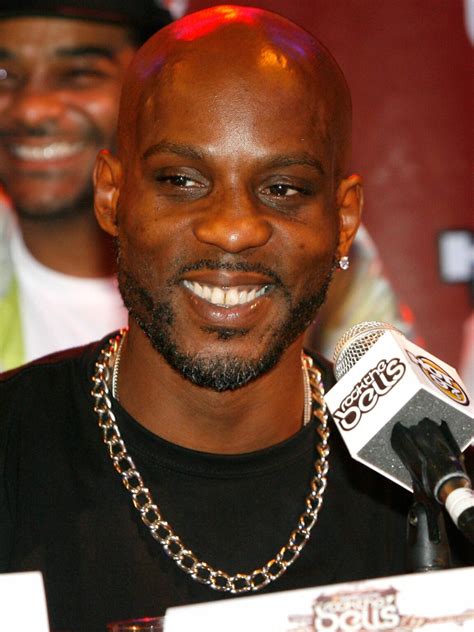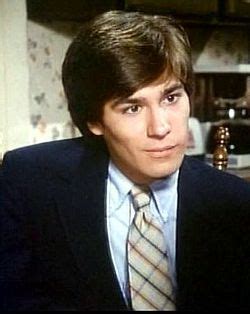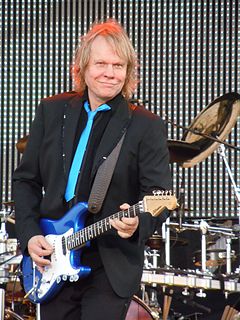A Quote by Susan Tedeschi
Clear Channel owns all the major radio stations and venues. Most musicians aren't aware that a few people control so much of what we hear.
Related Quotes
There is no question that the US market is the hardest to break into. I believe that the reason for this primarily has to do with the fact that the majority of the most powerful radio stations in the US are owned by Clear Channel. They are massive and have the ability to break artists worldwide. For the most part, they are dealing directly with the major labels in the US, with whom they have had long relationships. If you are an artist that is not being pushed by Clear Channel radio in the US, your chances of becoming a household name are slim.
The great jazz radio stations have a duty to continue evolving their format just as audiences ask the musicians to evolve. How do you do that with a form of music that has 100 years of recorded history? How do you also keep it contemporary so you don't isolate your listeners? These are major questions.
We are extremely proud to represent all of Radio One's stations within the Katz Radio Group. For the past five years we have worked diligently alongside Radio One to build their business in the markets we have historically represented including Houston, Los Angeles, Philadelphia , Raleigh and Columbus. At a time of significant growth in the African American consumer market the addition of the remaining Radio One stations expands our ability to deliver strategic marketing solutions to our agency and advertiser customers.
